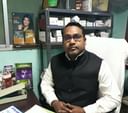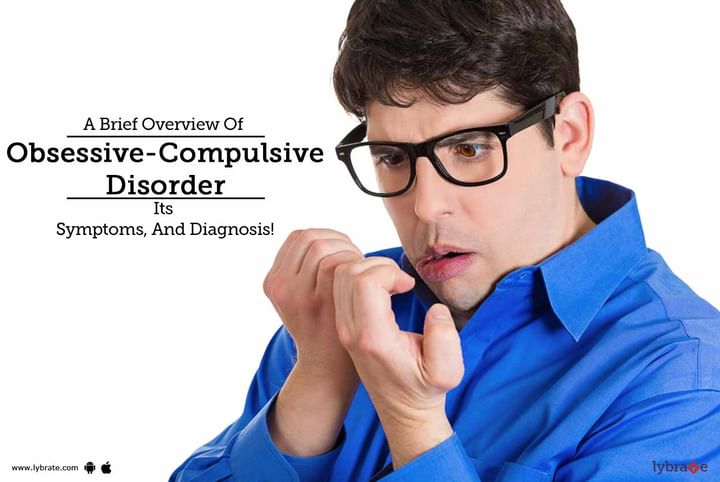A Brief Overview Of Obsessive-Compulsive Disorder, Its Symptoms, And Diagnosis!
Being a perfectionist is not wrong until it does not stop you from working according to your priorities. However, when you struggle to go on with your regular routine and seem to concentrate on one particular thing, again and again, it is time you seek expert advice.
Obsessive-compulsive disorder or OCD is a medical term that refers to obsessions or excessive thoughts leading to compulsions of repetitive behaviours. A person suffering from OCD usually has recurring thoughts that he or she has no control over, which leads to developing uncountable urge of repeating behaviours over and over.
The condition is long-lasting and chronic, and when not attended to as early as possible, usually brings in difficulties to the patient in leading a normal life. Continue reading to know about its symptoms and how it can be diagnosed.
Symptoms
The symptoms of OCD can be divided into two types, symptoms of obsession and the other is symptoms of compulsion.
Obsession Symptoms:
- Spending more than normal time on one’s obsessions, which results in disrupting one’s social, professional, and personal activities.
- Having the same images, urges, and thoughts again and again which the patient has no control over.
- Losing the control over his/her anxiety and anger and acting on the urge of harming others or one’s self.
- Having unwanted and inappropriate sexual thoughts, especially developing obsessions with incest and homosexuality.
- Being extremely obsessive and concerned about the fear of contamination that includes threats from the germs, dirt and even body fluid.
Compulsion Symptoms:
- Constant cleaning and washing, especially washing one's own hands again and again.
- In cases of mental compulsions, tendency to repetitively review events mentally, repetitive praying for harm prevention, etc.
- Repetitively checking of the body parts or things around to be sure that nothing has happened to them.
- Repeating routines such as reading the same page over and over.
Diagnosis
Diagnosis of obsessive-compulsive behaviour may consist one or various medical examinations that include,
- Physical examination: Physical examination is performed in order to eliminate the probability of the presence of any other complications or illnesses.
- Psychological evaluation: Psychological evaluation is all about discussing the feelings, thoughts, symptoms, and behaviour of the patients.
- Laboratory-based tests: Usually, a complete blood count or CDC is included in the lab tests where the presence of drug or alcohol and the function of the thyroid is analysed.
- Reference to the OCD diagnostic criteria: This step includes referring to the standard OCD diagnostic criteria to determine whether the patient is suffering from OCD or not.
Affecting people of all ages, OCD traps its victims in a cycle of compulsions and obsessions. Though a complete cure to this illness has not yet been discovered, still, with right treatment at the right time can be very effective in controlling of the symptoms while helping the patient to lead a normal life.
Depending upon the condition of the patient, the severity, and type of OCD, a psychiatrist can offer the best treatment in the form of therapies or talk sessions, or medications or a combination of both.



+1.svg)
